Marine Science
Microbiome boost may help corals resist bleaching
Providing corals with cocktails of natural probiotics could enhance their tolerance to stress and reduce mortality in coral bleaching events.
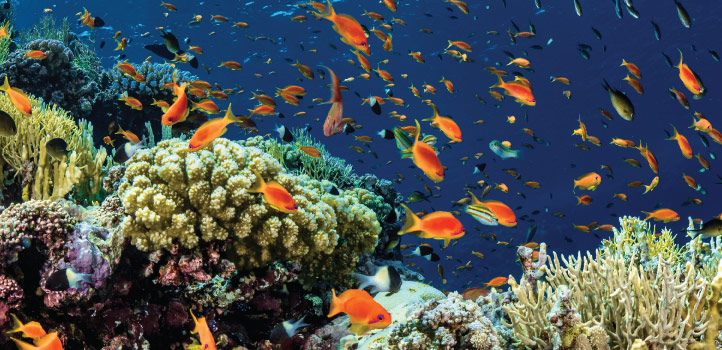
A simple but powerful idea is to improve the health of corals using cocktails of beneficial bacteria. The strategy is being explored as part of global scientific efforts to help corals become stronger, more stress resistant and more likely to survive bleaching events associated with climate change.
Corals rely on bacterial and algal symbionts to provide nutrients, energy (through photosynthesis), toxin regulation and protection against pathogenic attacks. This complex and finely balanced relationship underpins the health of the holobiont and coral reefs as a whole.
Rather like the use of probiotics in plant science to improve growth and resilience, marine scientist Raquel Peixoto believes that, in times of stress, corals could benefit from a boost to their natural symbiotic partners.
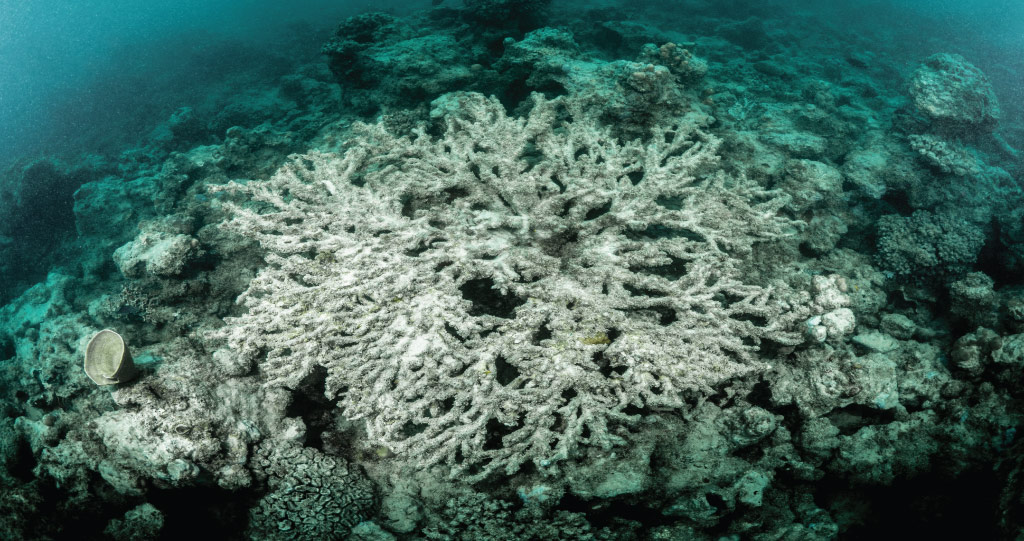
The supply of beneficial bacteria is hoped to help corals adapt to higher temperatures and salinity and ultimately help reefs recover from bleaching, such as that pictured above.
© 2021 Morgan Bennett Smith
“This is not the solution to the destruction of our coral reefs; the best solution lies in worldwide CO2 mitigation,” says Peixoto, who joined KAUST in 2020 from the Federal University of Rio de Janeiro, Brazil. “But we’re hopeful that we can buy corals some time by using beneficial microorganisms for corals (or BMCs) and providing a ‘medicine’ to help them better cope with shifting environmental pressures and adapt to a changing world.”
Peixoto has previously conducted lab-based experiments trialing BMCs in collaboration with KAUST researchers and is continuing her groundbreaking research now she is based on campus.
“It is exciting to work right beside the Red Sea, which is arguably the best source of powerful coral probiotics on Earth,” says Peixoto. “These reefs have adapted to higher temperatures and salinity than other regions, providing an ideal model for stress-tolerant corals and bacteria.”
To ensure BMCs are safe, Peixoto and her team select bacteria that are naturally symbiotic to specific coral species on each reef, ensuring no alien bacteria are accidentally introduced. Peixoto is encouraged by their lab-based results so far, including one study that involved inoculating a single coral species with a BMC consortium comprising six bacteria strains. The coral’s microbiome underwent dynamic genetic and metabolic alterations that boosted its chances of survival under heat stress.
“As well as further proof of concept of BMCs, this provides us with a fantastic model of host-microbiome interactions, demonstrating just how intimate the relationships are,” says Peixoto.
Success in the lab, however, needs to translate to success in the open oceans, which requires innovative multidisciplinary research. Scaling up and seeding whole reefs might involve robots and artificial intelligence (AI), for example, which could deliver probiotics either into sediments or directly to corals. Slow-release “pills” could disseminate the probiotic consortia in the right place at the right time. “Bleaching events can be predicted,” notes Peixoto, “so specific regions could be targeted for a month or two ahead of time to boost coral health.”
The KAUST team is also considering the feasibility to create “universal” BMC consortia that would be effective for whole reefs. They are currently working with five common coral species from an offshore reef near KAUST. They will test the corals with a specific BMC consortium for each species but will also test their response to a universal consortium.
“Ultimately, we may need to develop several consortia targeting the majority of species in a reef,” says Peixoto. “If we have to pick, we’ll choose those corals that most need our help.”
References
-
Peixoto, R.S., Sweet, M., Villela, H.D.M., Cardoso, P., Thomas, T., Voolstra, C.R., Høj, L. & Bourne, D.G. Coral probiotics: Premise, promise, prospects. Annual Review of Animal Biosciences 9, 19.1-19.24 (2021).| article
You might also like
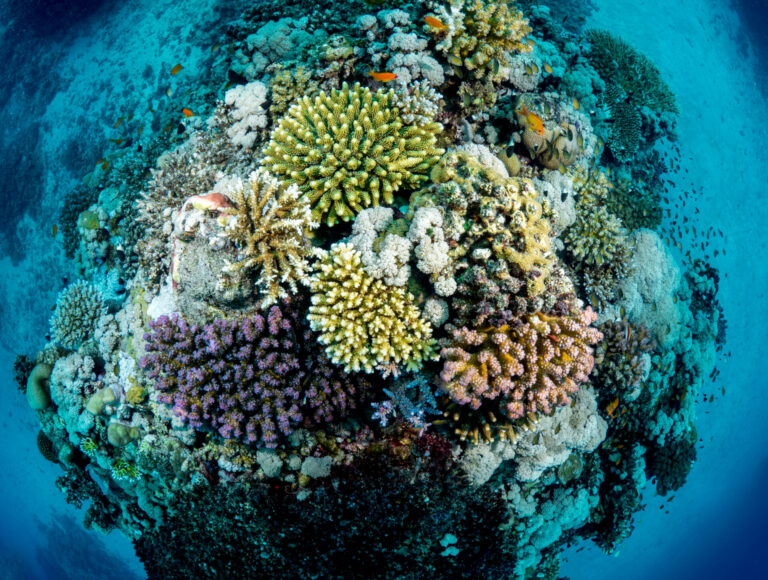
Marine Science
Measuring spatial differences in reef-building corals to guide future management
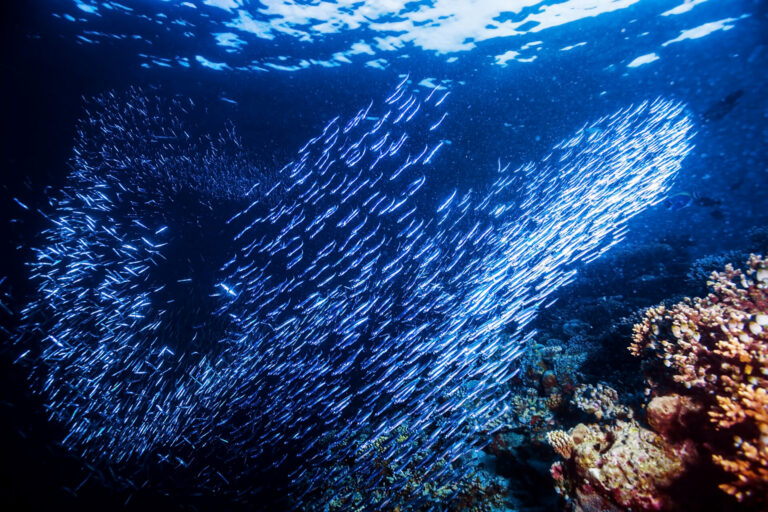
Marine Science
Potential gains from replenishing reef fish stocks revealed
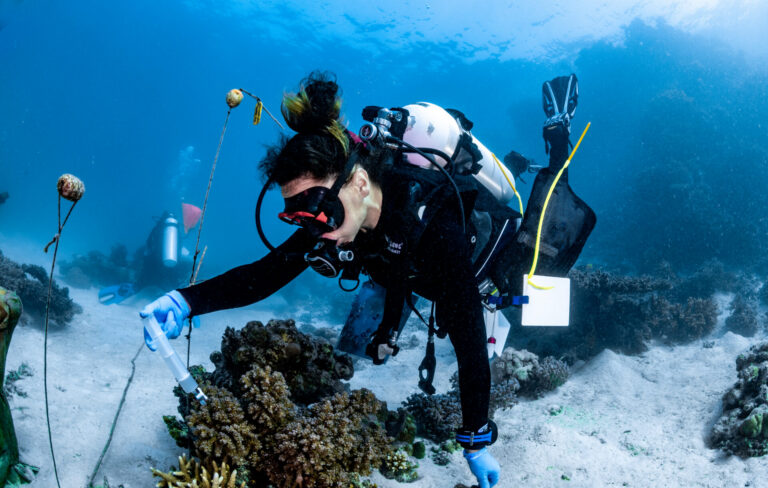
Marine Science
A place to trial hope for global reef restoration
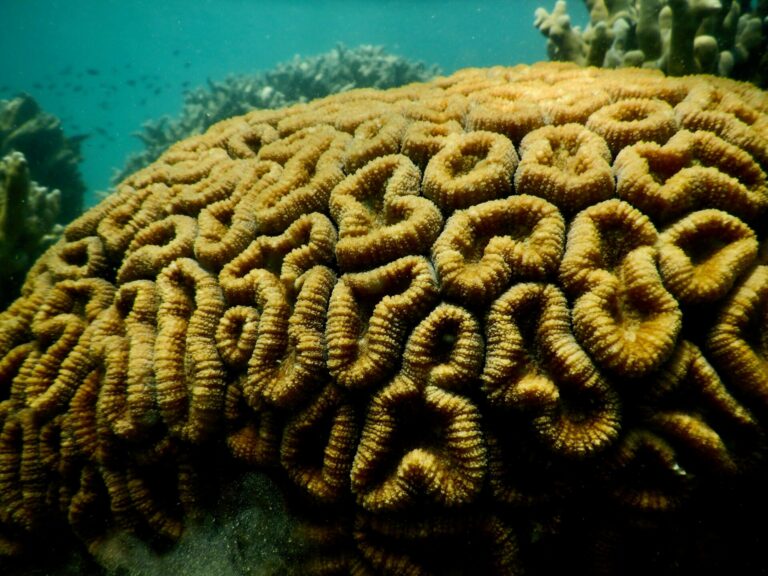
Marine Science
Reef-building coral shows signs of enhanced heat tolerance
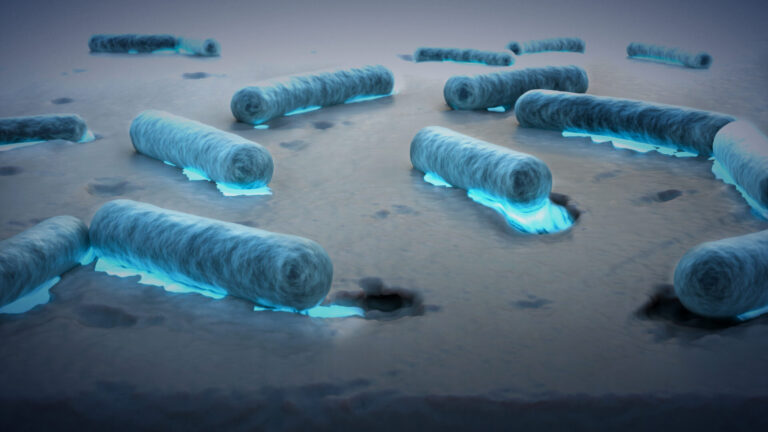
Marine Science
Plastic-munching bacteria found across the seven seas
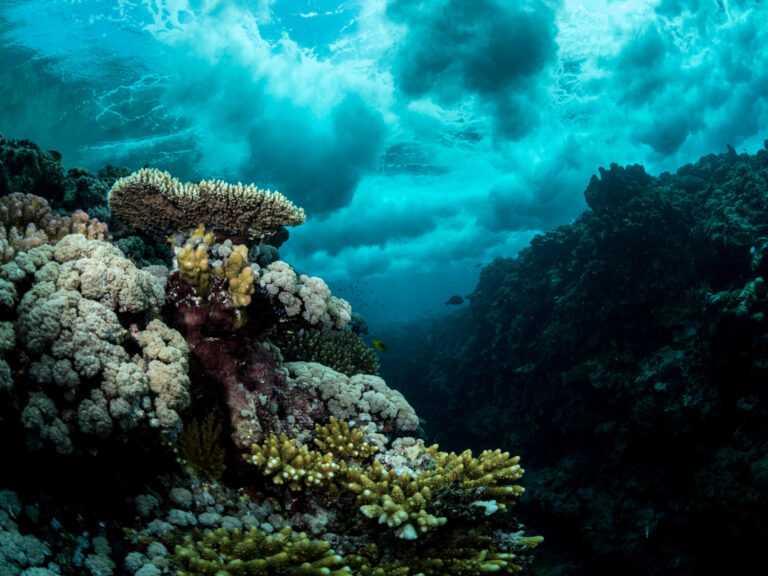
Marine Science
AI reveals the universal beauty of coral reef growth
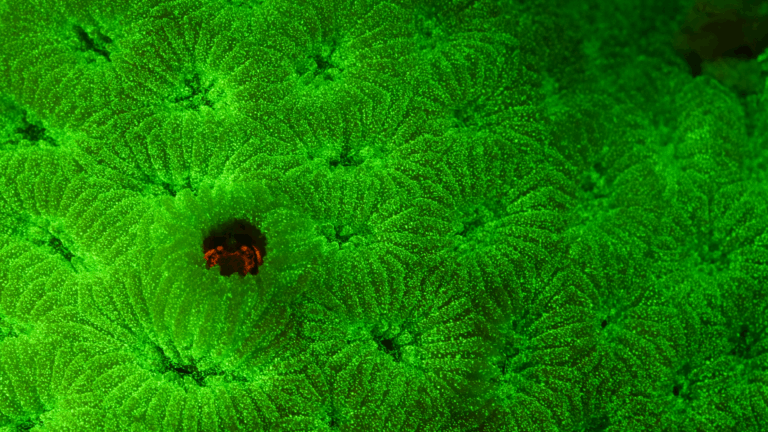
Marine Science
Tiny crabs glow to stay hidden
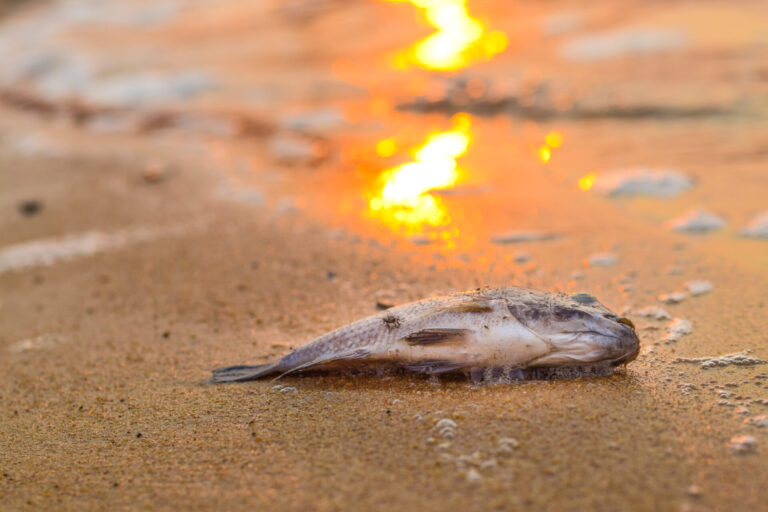
Marine Science




